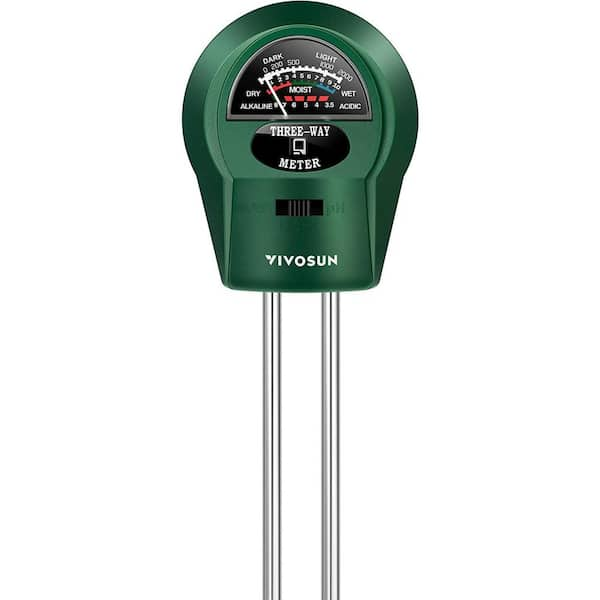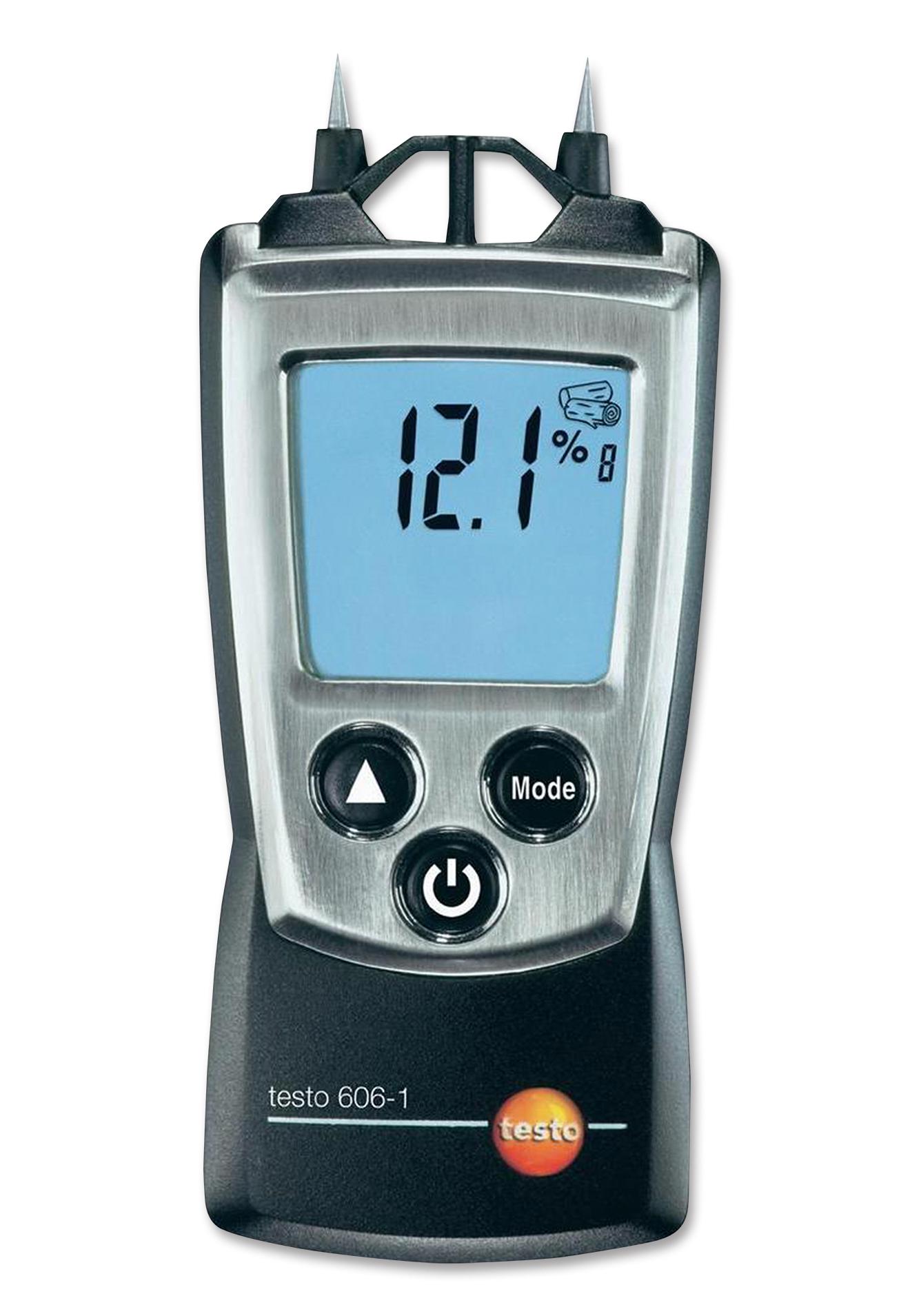Why Every Home Owner Needs a Moisture Meter: Secret Advantages and Attributes
The Ultimate Overview to Moisture Meters: A Comprehensive Introduction and How They Can Conserve You Money
In the world of building maintenance, construction, and numerous markets, the importance of precisely gauging wetness degrees can not be overstated. Moisture meters act as vital devices in spotting and keeping an eye on moisture web content in materials, assisting in avoiding costly damages and making certain the high quality of items. Recognizing the nuances of different types of wetness meters, their applications, and the potential cost-saving benefits they use can be a game-changer for services and specialists alike. Finding just how these devices can not only simplify processes however additionally add to financial cost savings is a journey worth getting started on.
Kinds Of Moisture Meters
Numerous sorts of dampness meters are available for different applications in different markets. One common type is the pin-type dampness meter, which measures the electric resistance between two pins put right into a product. This type appropriates for wood, drywall, and other building materials. Pinless moisture meters, on the other hand, usage electro-magnetic sensor plates to check a bigger area without triggering damage to the product's surface. These meters are optimal for rapidly analyzing wetness levels in big areas such as wall surfaces and floorings.
Infrared wetness meters gauge the thermal buildings of a material to identify its wetness content non-invasively, making them valuable for applications where pin or pinless meters might not be appropriate. Understanding the various types of wetness meters offered can aid markets choose the most suitable tool for their details moisture measurement demands.

Advantages of Utilizing Moisture Meters

Moreover, using wetness meters can cause increased energy performance. By determining locations with high wetness levels, such as leakages or poor insulation, modifications can be made to boost energy preservation and decrease utility prices. In agricultural setups, dampness meters play an important role in optimizing crop returns by allowing farmers to monitor soil dampness levels and make educated irrigation decisions. On the whole, the benefits of making use of moisture meters cover across various industries, offering cost-effective options and advertising better quality assurance techniques.
Just How to Pick the Right Moisture Meter
Choosing the appropriate moisture meter involves thinking about vital aspects such as product compatibility, dimension range, and calibration precision. When choosing a wetness meter, it's important to guarantee that the meter appropriates for the certain product you will be screening. Different materials have varying electrical residential or commercial properties that can impact wetness analyses, so choosing a meter designed for your product is essential for link precise results. Additionally, consider the measurement array of the dampness meter. Make sure that the meter can spot wetness degrees within the array required for your applications. Calibration accuracy is one more crucial factor to bear in mind (Moisture Meter). Select a wetness meter with dependable calibration to make sure specific and regular browse around here readings. Some meters may call for periodic calibration modifications, so comprehending the calibration process is very important. By thoroughly reviewing these aspects, you can choose a dampness meter that satisfies your demands and provides accurate moisture dimensions for your projects.
Correct Strategies for Moisture Meter Use
To guarantee exact moisture readings and take full advantage of the performance of a moisture meter, employing proper techniques is vital. When using a pin-type dampness meter, insert the pins or probes into the material being tested until they make full call. By following these correct techniques, users can count on their dampness meter to supply trustworthy dampness levels, helping in stopping pricey damage or guaranteeing top quality in different applications.

Price Savings Via Moisture Meter Applications
Exactly how can the strategic usage of wetness meters lead to substantial expense savings throughout different industries? In the farming sector, moisture meters aid in identifying the optimal time for collecting plants, preventing excess or over-drying dampness that can influence the final product's top quality.

Furthermore, in the food processing industry, moisture meters are essential for keeping an eye on item top quality and making sure conformity with safety regulations. By accurately determining wetness material in foodstuff, producers can avoid spoilage, maintain quality, and minimize waste, leading to substantial price savings. Generally, the calculated application of dampness meters is a useful investment that can lead to significant expense reductions and boosted effectiveness throughout various industries.
Verdict
In final thought, moisture meters are useful devices for finding and measuring wetness degrees in various products. By making use of the appropriate moisture meter and complying with proper techniques, users can efficiently avoid costly damages caused by excess wetness.
Dampness meters offer as crucial devices in discovering and keeping track of moisture web content in products, aiding in avoiding pricey damages and guaranteeing the top quality of items. Infrared wetness meters determine the thermal buildings of a product to identify its moisture content non-invasively, making them beneficial for applications where pin or pinless meters may not be appropriate.Dampness meters provide indispensable advantages in precisely assessing and checking wetness degrees in diverse materials and environments. browse around here In farming setups, moisture meters play an essential duty in maximizing plant yields by enabling farmers to check soil moisture degrees and make educated irrigation choices.In verdict, dampness meters are important devices for measuring and spotting dampness degrees in various products.